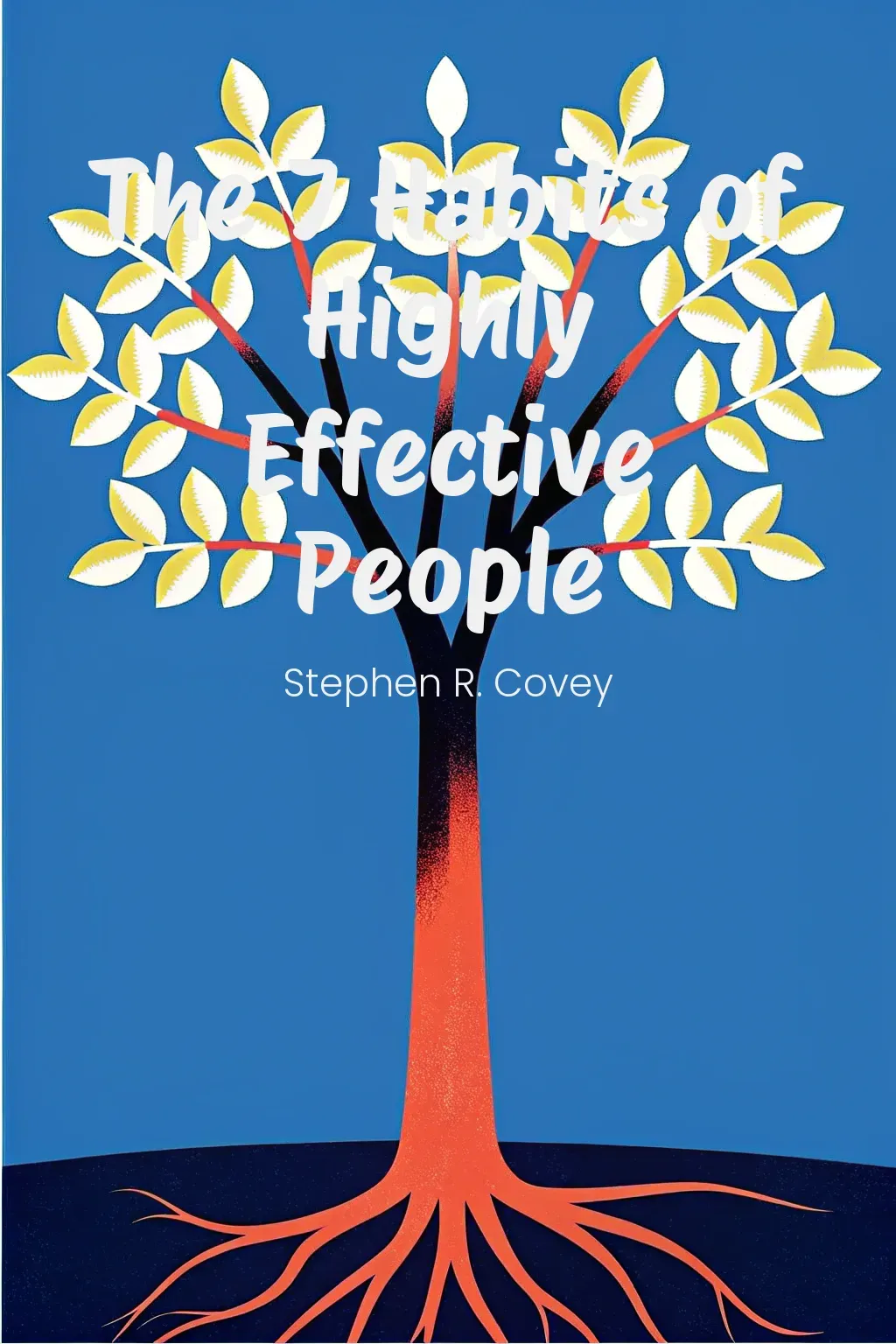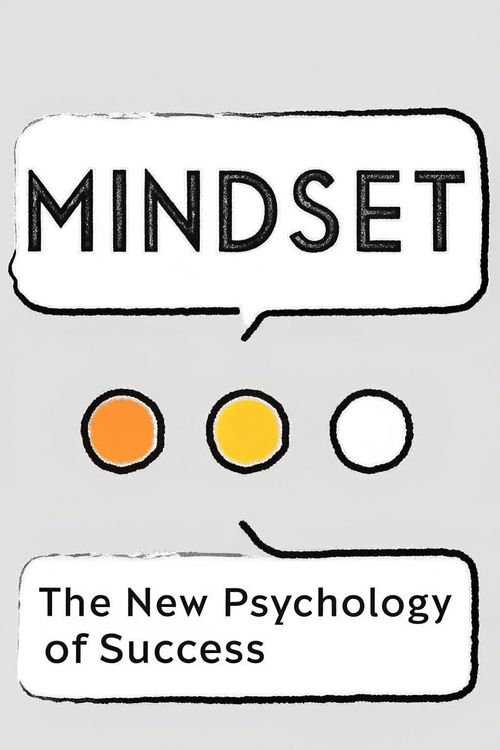

The 7 Habits of Highly Effective People
Productivity
Stephen R. Covey
Podcasts
Summary
In his seminal work, "The Seven Habits of Highly Effective People," Stephen R. Covey articulates a profound framework for personal and interpersonal effectiveness, anchoring his philosophy in immutable principles that govern human behavior. Through the lens of seven transformative habits, Covey advocates for a paradigm shift from external, reactive living to an internally driven, principle-centered approach. This aspirational journey invites readers to cultivate not merely survival strategies for success, but a foundational ethos that fosters true fulfillment and long-term effectiveness.
Covey posits that the essence of effectiveness lies not in superficial personality traits or transient techniques, but rather in the enduring nature of character ethics. This emphasis on character over personality constitutes one of the core distinctions of Covey's philosophy. He meticulously delineates the shift in societal focus from character to personality ethics—a transformation marked by a burgeoning obsession with charm and image rather than with genuine integrity and substance. This evolution, which gained traction in the post-industrial landscape, has led to a pervasive culture of manipulation and insincerity, where success is often obtained at the expense of deeper values.
At the heart of Covey's methodology is the "Inside-Out" philosophy, which reverberates through each of the seven habits. This paradigm underscores that true effectiveness arises from personal mastery and self-awareness, allowing individuals to act based on principles rather than external stimuli. This imperative for internal reflection and growth promotes the development of emotional intelligence, resilience, and a robust personal identity. Covey articulates that only by understanding our intrinsic motivations and aligning our actions with enduring principles can we cultivate effective relationships and collaborative environments.
Central to this exploration is the development of a personal mission statement—a blueprint for navigating life’s complexities. Through introspection, individuals are encouraged to articulate their core values, aspirations, and guiding principles, forming a compass that directs their decisions and actions in alignment with their true selves. This mission statement serves as a pivotal tool that elucidates intentions and helps clarify priorities, ensuring consistency between one’s actions and overarching goals.
In the interplay between personal growth and relationship dynamics, Covey presents the concept of the Emotional Bank Account, a metaphor for nurturing trust and goodwill within relationships. By making "deposits" through acts of kindness, understanding, and fulfilling commitments, individuals foster resilience and deep emotional connections. Conversely, neglect or betrayal leads to "withdrawals," which risk damaging interpersonal ties. Covey's emphasis on emotional currency illustrates the necessity of maintaining robust relational health in an increasingly transactional world.
Building on this relational framework, Covey elucidates the necessity of collaborative synergy, where diverse perspectives combine to create outcomes that transcend individual contributions. This habit fosters an abundance mentality—an outlook recognizing that mutual benefit exists, wherein the success of one does not compromise the success of another.
Ultimately, Covey's invitation to internalize the Seven Habits transcends simple habit formation; it is a clarion call for individuals to engage authentically with the world around them. By embracing a principle-centered life, one can navigate the inherent tensions between personal independence and relational interdependence, cultivating a holistic approach in both personal and professional realms.
In summation, "The Seven Habits of Highly Effective People" emerges not merely as a guide to personal achievement, but as a deeper exploration of human potential, grounding its lessons in the rich soil of universal truths that govern effective living. Covey constructs a compelling narrative that urges readers to transcend the superficiality of modern life, inviting an engagement with the profound complexities of character, virtue, and authentic relationship-building—ultimately presenting a pathway toward not just effectiveness, but profound and lasting fulfillment.
Popular Quotes
- The ethical basis for human relations in this book defines a way of life, not just a methodology for succeeding at business.
- Stephen Covey is a marvelous human being. He writes insightfully and he cares about people.
- Success can be learned and this book is a highly effective way to learn it.
- If I try to use human influence strategies and tactics of how to get other people to do what I want... in the long run, I cannot be successful.
Edition Info
Paperback
Published by Simon & Schuster
2020-11-24 | 432 Pages | 5.5 x 1.1 x 8.4 inches | ISBN 978-1982137274











